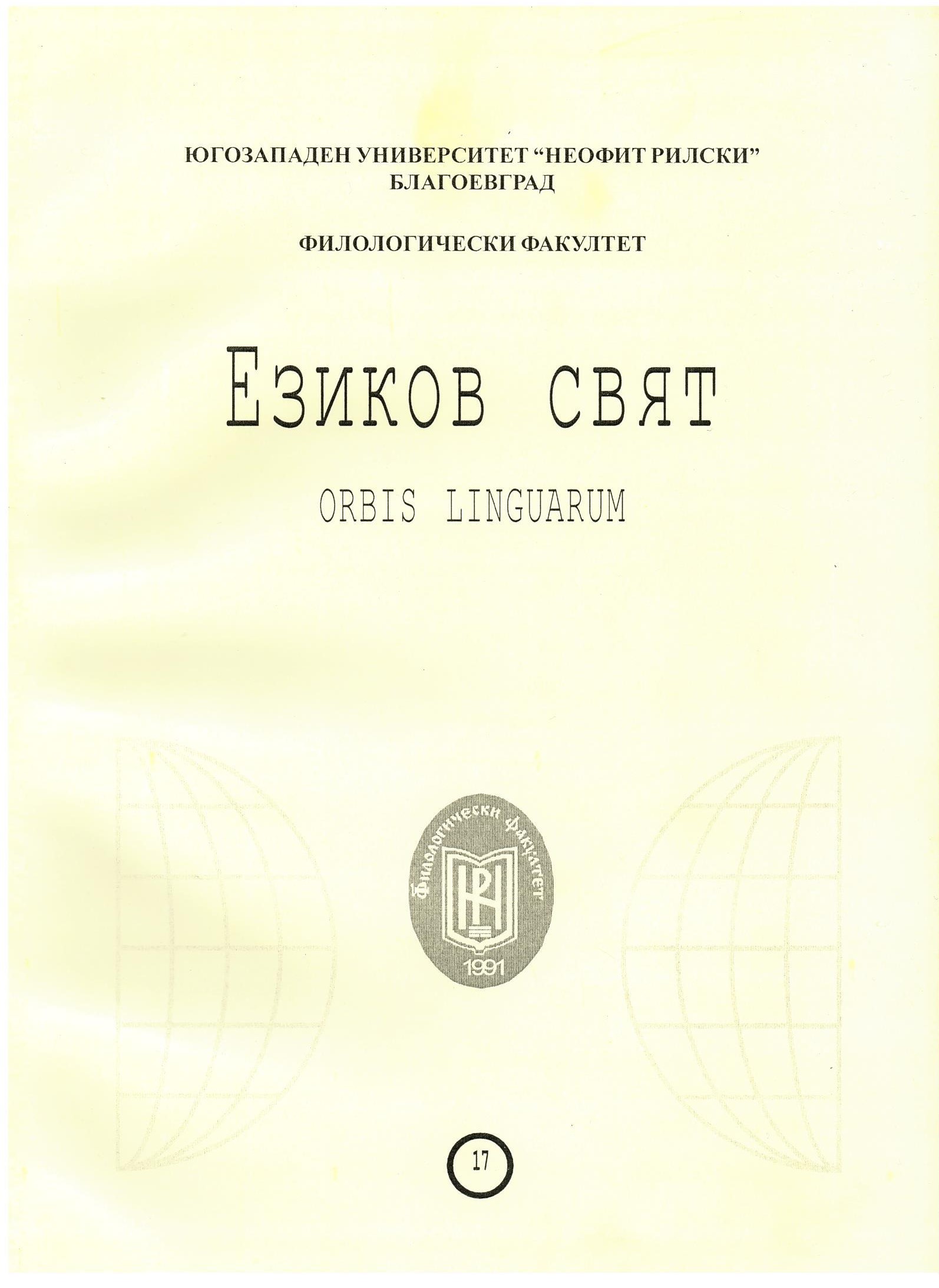ВЪЛКЪТ В КИТАЙСКАТА И В БЪЛГАРСКАТА ЛИТЕРАТУРА
THE WOLF IN THE CHINESE AND BULGARIAN LITERATURE
Author(s): Zhan YanyiSubject(s): Language and Literature Studies, Studies of Literature, Comparative Study of Literature, Philology
Published by: ЮГОЗАПАДЕН УНИВЕРСИТЕТ »НЕОФИТ РИЛСКИ«
Keywords: Chinese literature; Bulgarian literature; the image of the wolf
Summary/Abstract: The image of the wolf in both the Bulgarian and Chinese literature is one of the most complicated and multifaceted animal symbols. Its dualistic nature can be seen in many examples: it was once worshiped as the wolf god, wolf totem and the clan’s ancestor, but was also the symbol of ingratitude or evil forces; it is at the same time playing the roles of “the big bad wolf” in fairy tales and the spokesman of the ecological deterioration. Cunning as well as loyal, cruel but brave, both thankless and grateful – different, or even contradictory characteristics coexist in this animal. But despite the changes, this image never leaves the spiritual world of humanities. The portrayal of the wolf holds significant importance in literature traditions of almost all nationalities around the world, as well as reflecting ongoing social and cultural transformations. The literary image of the wolf in both Bulgarian and Chinese cultures has gone through drastic changes throughout both civilizations’ evolution. This article selects and analyses the most representative literary works from different historic periods as examples to present the image of the wolf in Chinese and Bulgarian literature. The main goal of this work is to clarify how the literary image of the wolf evolved in two different cultures, improving the practical understanding of the interrelated ideas, as well as assisting and supporting further research efforts in the field of Bulgarian-Chinese literary studies.
Journal: Езиков свят - Orbis Linguarum
- Issue Year: 17/2019
- Issue No: 1
- Page Range: 89-96
- Page Count: 8
- Language: Bulgarian

